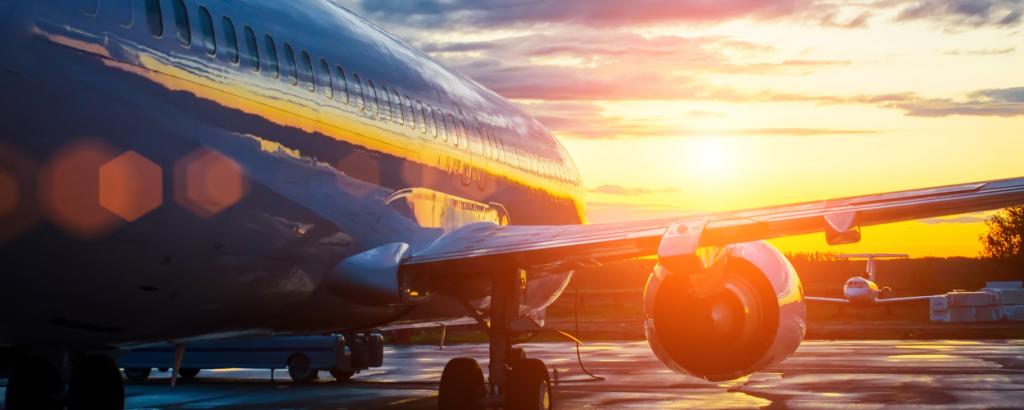Latest on Boeing Grounding

All Boeing 737 Max 8 and 9 aircraft are grounded until May at thew earliest following this month’s fatal Ethiopian Airlines crash which killed 157 people from 35 nations, the US Federal Aviation Administration (FAA) has announced.
According to the regulator, the aircraft will not fly until a software update can be tested and installed. The latest crash, shortly after take-off from Addis Ababa, was the second involving a 737 Max in six months.
The 737 is a very popular aircraft with various models and configurations. So far only the 737 Max 8 has been impacted. The required software upgrade would take a few weeks to complete, and installing it on all the aircraft would take “at least through April”.
The carriers with the largest Boeing 737 Max 8 fleets, Southwest Airlines, American Airlines, and Air Canada, continue to fly them. The FAA has found no reason to ground the plane, citing a lack of evidence that the plane is unfit to fly. However Russia, Ireland, Japan and Tunisia have all banned the 737 Max 8 and 9 from their airspace, taking the total of airlines who have done so to over 40.
Garuda Indonesia are considering cancelling their order for 20 Max jets, depending on what the FAA does. Norwegian Air, which has 18 Max 8s out of its total fleet of about 160, and another 92 on order, have grounded their fleet too.
The grounding should not cause too much disruption as airlines will work to keep cancellations at a minimum. However the uncertainty doesn’t help a global aviation sector in which business travel is on the rise.
As more countries ground the aircraft, more business travelers will grow nervous about flying on these planes. Those worries are placing TMCs in the quandary of whether to advise against flying on Max 8 jets whilst no solid conclusions have yet been reached on the crashes actual causes.
Some corporates will inevitably decide to temporarily restrict travel on the 737 Max 8. Travelers’ choices could consequently be restricted, thereby forcing corporates to incur higher costs. That’s why we at FCM are working with our clients to fully understand the implications of such an approach.
The Global Business Travel Association (GBTA) says that recent events make service disruptions more likely. “As several authorities across the globe have grounded planes, there is certainly potential for an impact on travel with service disruptions. We will continue to follow these announcements closely to assess the business travel impact and will keep our members apprised as we learn more” says the GBTA statement.
Similar sentiments from the Association of Corporate Travel Executives (ACTE). “In the past, we’ve seen many companies loosen their policies following various incidents to offer travelers who want to change flights or reschedule their trips more flexibility. Travel managers can work with these travelers to create alternate options without disrupting the normal flow of business” they say.
The Boeing Max planes represent 72 out of more than 2,500 active planes in the U.S., but they make up over 2,000 flights and over 355,000 seats per week. This creates a huge logistical challenge for airlines, such as having to move replacement aircraft into place. Although there’s capacity globally to pick up the slack left by the 737 Max, short-term disruption is likely as contingency plans are put in place.
The long-term problem is how quickly passenger trust can be restored. Even when the cause of the crash is known and a solution found, the question will be how long passengers keep asking you about this plane.
So what’s our advice for travelers?
- If you’re traveling soon, check whether your ticket was booked on an affected plane on www.flightStats.com
- If you’re not necessarily on a 737 Max, you could still git problems because shifting aircraft might create ripple effects down the line.
- Until things get sorted out, prepare for a little turbulence in the booking process.